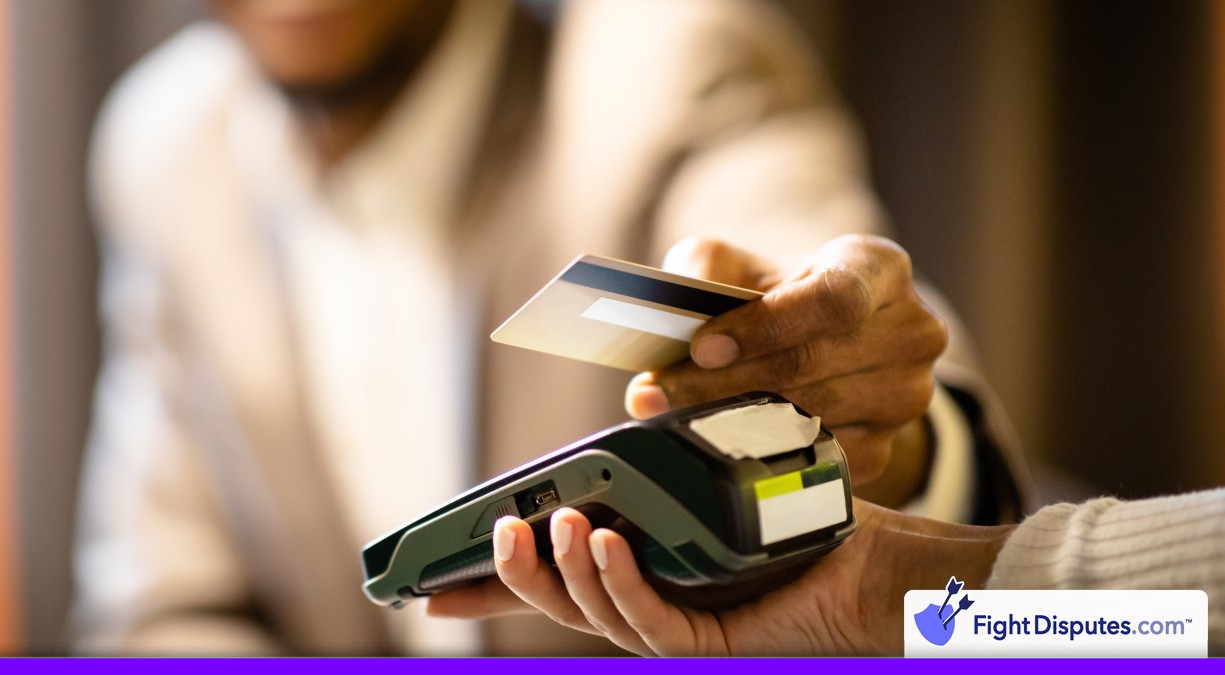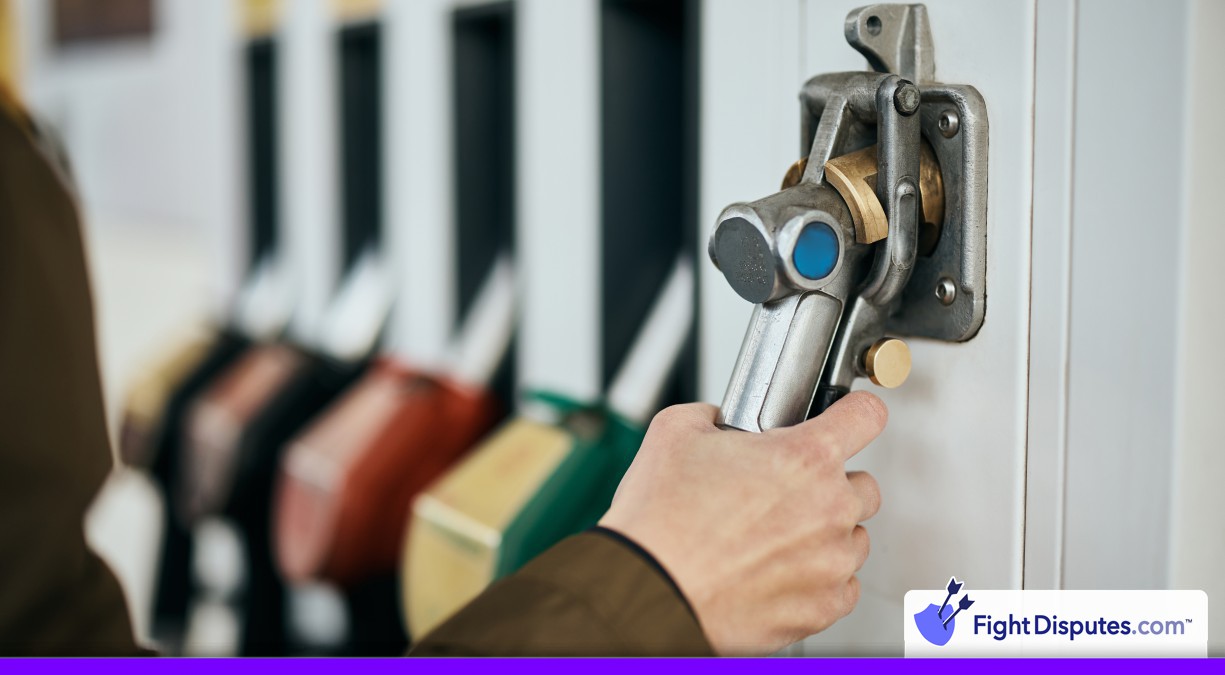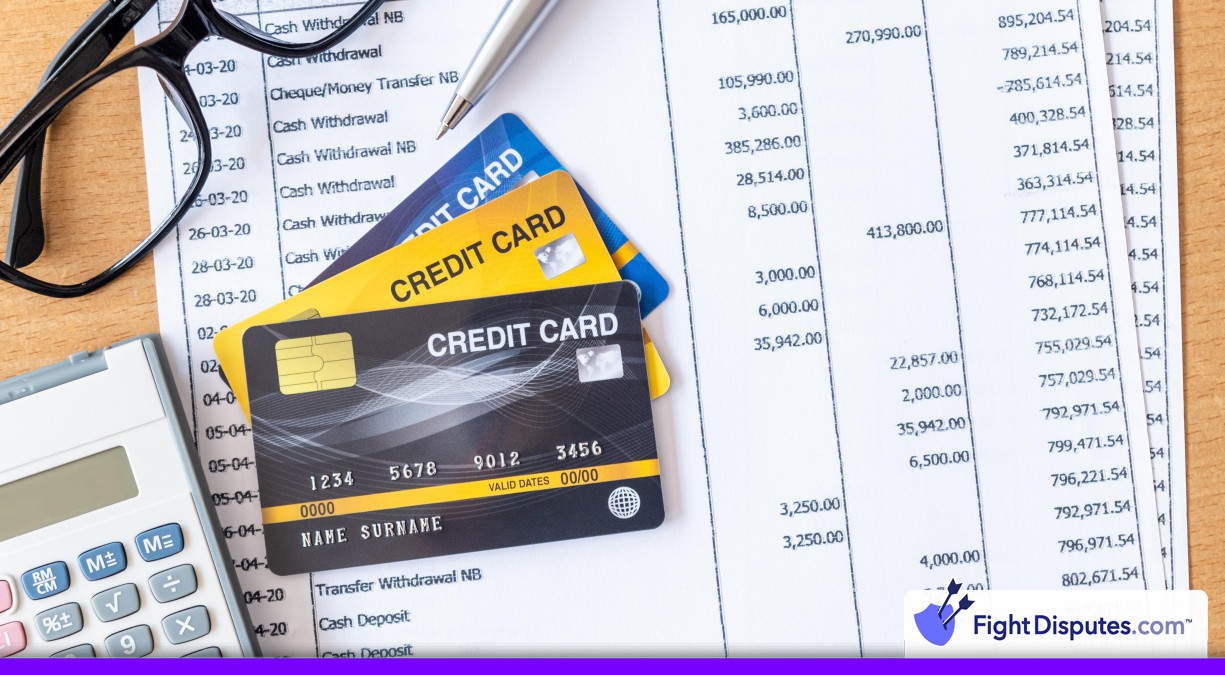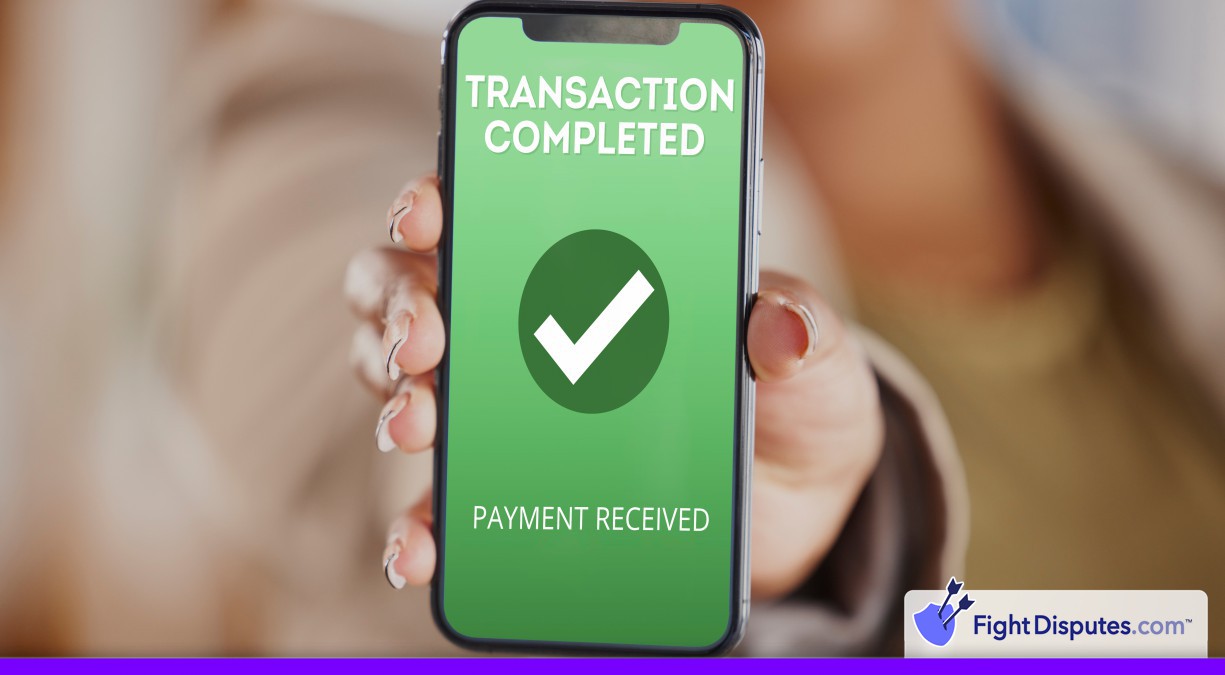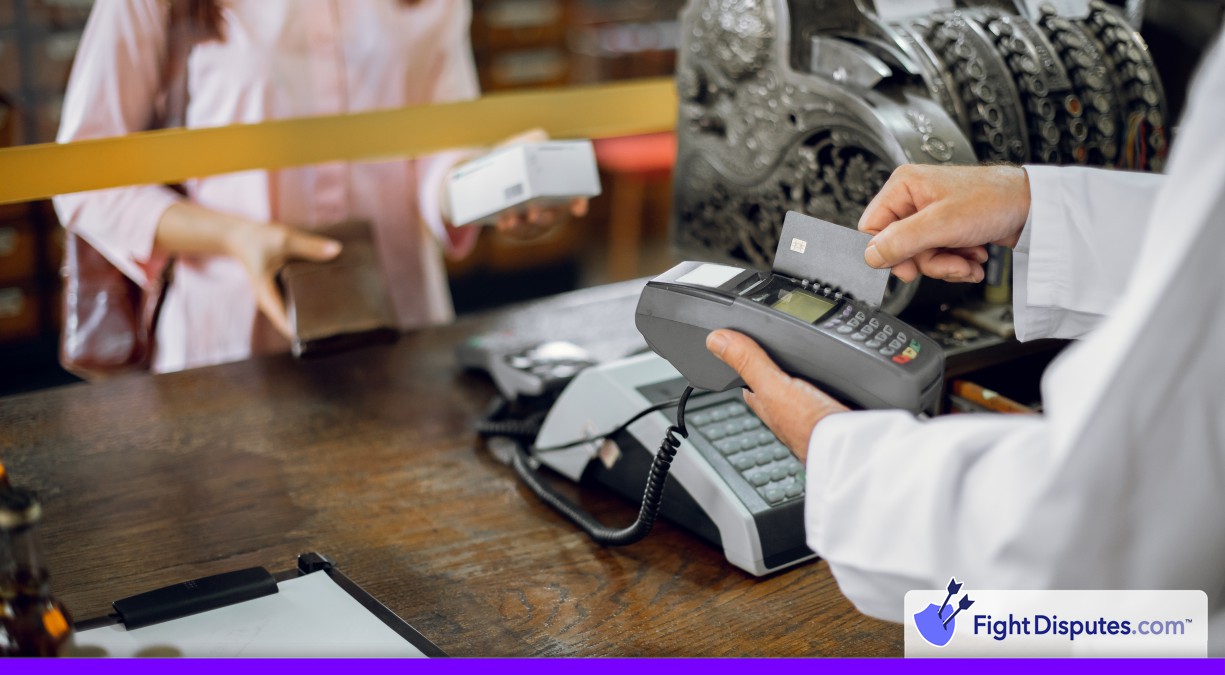Can a Pre-Authorization Hold Become a Chargeback?
Dealing with chargebacks can be an anxiety-inducing part of running a business, especially if your business operates on thin margins. When a few chargebacks can make or break profits for the month, it’s important to know how they work and how to minimize them.
Unfortunately, it can be difficult knowing all of the different ways the financial system works behind the scenes.
For example: when your business relies on post-service billing, but pre-service charges, you have to deal with pre-authorization holds. Many people, though, don’t know what a pre-authorization hold is, and when they see an unexpected charge on their credit card statement, they may file a dispute and start the chargeback process.
The question is, can this happen with pre-authorizations? Do you have to worry about your customers submitting disputes or processing chargebacks for the pre-authorization hold for your services?
There’s good news here, so let’s talk about it.
Looking at Standard Transactions
Before getting into pre-authorization, let’s look at how a normal transaction works.
When you make a purchase using a credit card, there’s a lot that happens behind the scenes.
When you insert your credit card (or tap the chip, or swipe the strip) the machine reads the information on that card and includes information about the bank account on the other end. The point of sale machine submits a request to the bank saying, essentially, “your cardholder wants to make a purchase for $x.xx. Are they good for it?”
The card issuer will then check. With a debit card, they’ll check available funds. With a credit card, they’ll check available credit limit. They’ll also check for things like a bank freeze or hold on the card, and whatever anti-fraud protection the card has on it.
If all is good, the bank sends back the “they’re good for it” message, the transaction is approved, and it’s all added to the processing queue.
That’s right; a queue. You may have noticed that sometimes, when you check your credit card statements, transactions may be listed as pending. This is because the merchants tend to stack up all of these transactions into large batches, and process them in bulk. A business might send all of their transactions for the day at the end of the day, or even process them every three days or once a week.
This is part of batch settlement, and can vary from merchant to merchant, which is why some transactions go through nearly immediately, while others take days to process.
The important information to take away from this is that a merchant knows exactly how much the customer is being charged, processes the full charge in their batch, and the full charge is handled by the customer’s card.
What is a Pre-Authorization Hold and Why is it Important?
What happens if the customer runs their card before the final charge is known?
You might wonder how this can happen, but it’s actually very common.
- When you insert your card at a gas pump, the pump doesn’t know how much gas you’re going to buy, so it doesn’t know how much to charge you.
- When you run your card to pay for a meal at a restaurant, they know the base cost of the meal, but they don’t know if or how much of a tip you’re leaving.
- When you run your card at a hotel, they know the base payment for the nights you stay, but not additional charges for services, TV billing, the minibar, or other optional amenities.
- When you make a purchase remotely, a business might use a small charge simply to validate the existence of the card. This is also often used as age verification.
The businesses don’t want to provide their services without some assurance that you can pay for them. Can you imagine if you could go to a hotel and check in for a night without any financial information, and how easy it would be to leave without paying?
The mechanism to get around this is a pre-authorization.
When you run your card before one of these services (more so for hotels and gas stations than restaurants), the merchant sends an authorization hold. For gas stations, it’s often somewhere between around a few dollars ( but can be higher); enough to verify that a transaction can take place. For hotels, it’s usually higher, like $50 or $200, depending on the hotel.
Contrary to what some people think, this is not a recovery fee for if you skip out without paying. It’s just an authorization validation charge.
Once your transaction actually completes and the final total to charge is known, the merchant can change the value of the transaction and push it as a full transaction, rather than a hold. The pre-authorization charge disappears and the full transaction is processed in its place.
The process of changing the pre-authorization into the final transaction is called settlement.
Can a Customer Dispute a Pre-Authorization Hold?
In the vast majority of cases, an authorization hold will be gone by the time the cardholder even checks their statements. Most have been settled within hours of the final purchase, or within days. By law, all authorizations must be settled or reversed within 31 business days, though most are settled within 7.
This can also depend on the kind of transaction. Hotels have 31 days, but bus and train fares have only three.
Sometimes a hold lasts long enough for a cardholder to see the authorization charge. Maybe they’re in the middle of a hotel stay and haven’t finished the final bill yet. Maybe it was a holiday and the settlement won’t take place until the next business day.
Whatever the case, there are times when a customer might look at their bank statement, see an authorization hold, and not recognize it. It doesn’t match the purchases they’ve made, and they have “always watch out for unexpected transactions” drilled into them as a sign of identity theft or unauthorized use.
If the customer takes action, what happens?
There’s some good news here, but it’s a tricky situation sometimes, so it’s worth knowing.
First, the good news – an authorization hold cannot become a chargeback under most circumstances.
What Happens When a Customer Disputes an Authorization Hold
If a customer notices an authorization hold, doesn’t recognize it, and believes it’s a fraudulent charge, they can call their bank to dispute it.
For the customer, this process is identical to the dispute process for any other charge. They dispute the charge, the bank performs their investigation, and the charge is generally reversed, returning the money to the customer.
The difference is on the back end, between the bank and the merchant. With an authorization hold, when the charge is disputed, the bank calls the merchant about it. The merchant can then release the hold.
Since it’s just a hold, there’s no transaction to be charged back; the funds didn’t actually go to the merchant yet, since the charge has not been settled. The hold is released, the merchant is notified if necessary, the funds are freed up for the customer, and that’s that.
There is no way for this to become a chargeback, and thus it won’t count against you for bank metrics and other important details.
Depending on the kind of transaction, the way you release the authorization hold might vary. You have two options:
- Release the hold, freeing up the customer’s funds and cancelling the transaction.
- Finalize the transaction, releasing the hold but processing the final purchase.
The option you choose can depend on the situation. You obviously don’t want to release the customer’s funds if they’ve already received their product. On the other hand, if your product hasn’t shipped yet, you can simply remove the transaction from your end as well; they cancel the hold, you cancel the order, and the relationship ends.
How a Hold Could Still Result in a Chargeback
Now for the bad news: sometimes, in some circumstances, a pre-authorization hold can still result in a chargeback.
The trick is, it’s not directly tied to the hold.
Usually, this occurs because of a matter of timing or a technical issue with the settlement process.
For example, if you have a hold on the customer’s funds, and process the transaction to settle it, but it accidentally processes as a new transaction, the customer might see both the hold and the final transaction. To them, that’s effectively being double-charged.
If the customer then disputes the hold, you can check your records, see that the transaction was completed, and release the hold.
But if the customer disputes the charge instead, then you can end up with a chargeback. You could still settle the hold properly so you aren’t out the funds for a product you delivered (though the customer could then dispute that as well and is a form of fraud), leaving you with a chargeback on your record.
In extremely rare cases, an authorization hold can stick around longer than the deadline to settle it. These kinds of “stuck” charges are exceptionally rare, because holds automatically release if they aren’t settled by the time the deadline occurs. These are cases where calling the bank to work things out is necessary. But also, from a merchant’s point of view, this likely isn’t a problem on your end. It’s more likely between the bank and the customer, having to do with the bank’s record-keeping.
How to Minimize Problems with Pre-Authorization Holds
As a merchant, pre-authorization holds can cause some problems, largely stemming from delays and poor communication.
How can you minimize possible issues, even if chargebacks aren’t involved?
1. Don’t use pre-authorization holds unless you really need to.
First and foremost, consider whether or not your business needs to use pre-authorization holds at all.
Some businesses have to. The examples up above, like gas stations and hotels, can’t pre-charge for services when they don’t know what services will be used. Other kinds of businesses also need to provide their products prior to the finalized charges, like rental services or travel agencies.
Some businesses use pre-authorization holds despite not needing them. If you’re using holds rather than settling transactions more frequently, for example, it might benefit you to settle more often instead.
Some businesses could choose to change their business models, as well. A hotel could require any add-ons be paid for rather than rolled into the room charges, and charge for nights stayed when those nights are booked. The trade-off is increased friction for those add-ons, though, which is why hotels often choose the authorization route.
Generally speaking, though, if you’re concerned about issues with authorization holds, you can find ways to not need them.
2. Settle your holds as soon as possible.
Most of the time, authorization holds are settled before a cardholder ever notices they’re there. Most people aren’t checking their bank statements daily, after all. A hold only becomes a problem if it lingers long enough for a cardholder to wonder about it, while also not knowing why it’s there.
If you settle your holds as soon as you can, you don’t leave room for this level of scrutiny.
3. Proactively communicate with customers about holds.
In cases where holds need to stick around, such as longer hotel stays, it’s important to communicate about the hold up front. This is why, when you check into a hotel, the hotel staff will tell you about the hold on your card; they don’t want it to blindside you or you to dispute it. Better communication helps eliminate problems.
You can also encourage customers to contact you first, rather than their bank, if there are any odd charges they don’t recognize. This gives you the opportunity to discuss it with them and resolve any issues, if an issue actually occurs.
4. Detect and respond to chargebacks before they happen.
In cases where a hold and transaction double up, or where a customer decides to dispute a charge after all, you risk a chargeback.
What if you could detect when a chargeback might happen, and proactively reach out to the customer to offer resolution instead? Whether it’s an explanation and a cancelled dispute, or a refund rather than a chargeback, either one is better for you than a completed chargeback.
That’s where we come in. The FightDisputes process leverages our direct connection to payment processors, so we can detect and respond to prospective chargebacks before they happen. That way, you don’t suffer from chargebacks, and your customers have their issues resolved cleanly and effectively.
If you want to see how it works, we’re happy to show you. Let us help you protect yourself from the damage chargebacks can do.
 Call (844) NO-DISPUTES
Call (844) NO-DISPUTES


